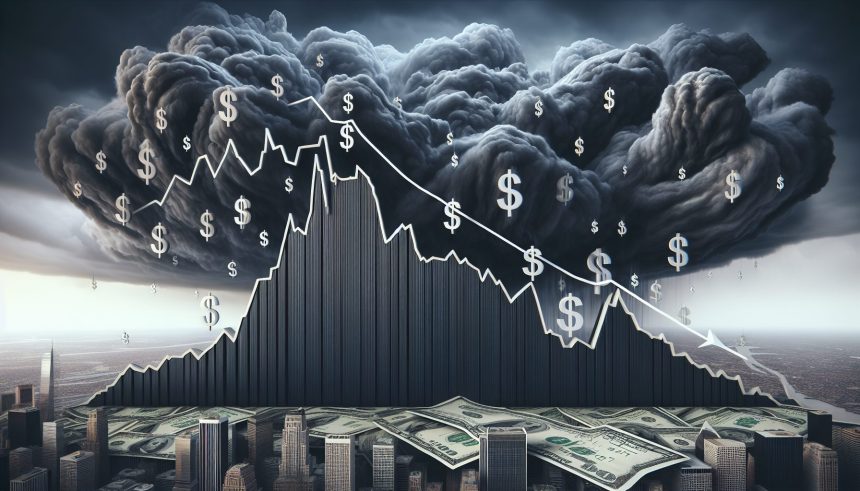The Dow Jones Industrial Average fell by 389.83 points, or 0.95%, to close at 40,829.00 on Tuesday. The S&P 500 shed 0.77%, settling at 5,606.91, and the NASDAQ Composite dipped 0.87% to end at 17,689.66. All three major averages posted back-to-back declines.
Stocks slipped after President Donald Trump’s ambiguous statements on global trade deals, diminishing hopes for imminent progress on tariffs. Investors are also bracing for the Federal Reserve’s policy decision. General Motors shed 1.8% after reporting a drop in new car sales in Britain and Germany, despite a rise in demand for electric vehicles.
Tech giants also saw declines. Stocks wavered following a meeting between Trump and Canadian Prime Minister Mark Carney, the first since Carney took office earlier this year. Trump walked back promises of imminent trade deals, contradicting Treasury Secretary Scott Bessent’s earlier comments that deals were close.
Despite strong service sector activity in April, as reported by the Institute for Supply Management, concerns around tariffs persisted. Billionaire hedge-fund manager suggested that even reducing tariffs could still lead to significant economic slowdowns. The Federal Reserve began its two-day policy meeting on Tuesday, with a decision expected Wednesday.
Trade concerns impact market moves
The central bank is projected to keep rates steady. “Despite external pressure to lower rates, the Fed will likely maintain the current pause until there’s greater clarity on the major economic factors,” said Steve Rick, chief economist at TruStage.
JPMorgan downgraded shares of fast-casual salad chain Sweetgreen to neutral from overweight. Analyst Rahul Krotthapalli lowered the price target to $25 from $32, noting that softening demand and excessive restaurant supply are straining consumer choices. Shares of Sweetgreen have declined 39% this year.
The current market environment bears resemblance to last summer’s downturn, according to Henry Allen, macro strategist at Deutsche Bank. Allen noted that despite the turbulence, markets recovered quickly as recession fears abated. Wolfe Research noted a shift from a deeply oversold condition to overbought signals, following a 17% rise in the S&P 500 from early April lows.
Merger and acquisition activity has slowed, with global deal numbers falling to their lowest since February 2005, according to Dealogic data reported by Reuters. U.S. onshore oil production may have peaked and is expected to decline, said Diamondback CEO Travis Stice. Crude oil prices rose more than 3% to $59.26 per barrel on Tuesday, despite lower prices throughout the year.
President Donald Trump stated that trade meetings with China will occur “at the right time,” clarifying that not all agreements would require formal deals. Palantir shares tumbled 13.4% despite meeting Wall Street earnings expectations, while Ford advanced 3.2% following better-than-expected first-quarter results.







